Are you as “pleased as punch” when you go to the movies to see a “blockbuster”? Many expressions used innocuously every day have ominous roots in things like prison punishment, racism, and physical harm. When using them in the future, it might be worth considering where they come from.
Baker’s dozen
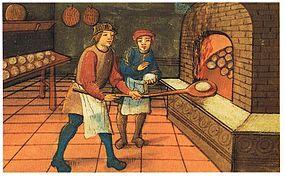
Although a baker’s dozen seems generous today, its origins are actually due to attempts to cheat customers.
In England during the 13th century, bakers were notorious for baking skimpy loaves of bread in an effort to turn a bigger profit.
However, the king at the time, Henry III, was so frustrated by the problem that he introduced the Assize of Bread and Ale, a law that standardized the size of a loaf. According to Business Insider, the punishment for skimping customers was to lose a hand.
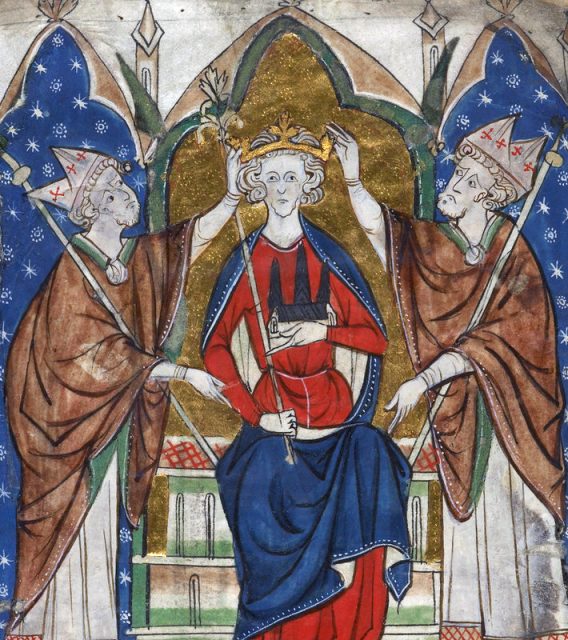
In order to ensure that they kept both of their hands, bakers started adding the 13th loaf to the dozen as insurance; if any of the loves were a bit short, the extra loaf would make up for it.
Blue Blood
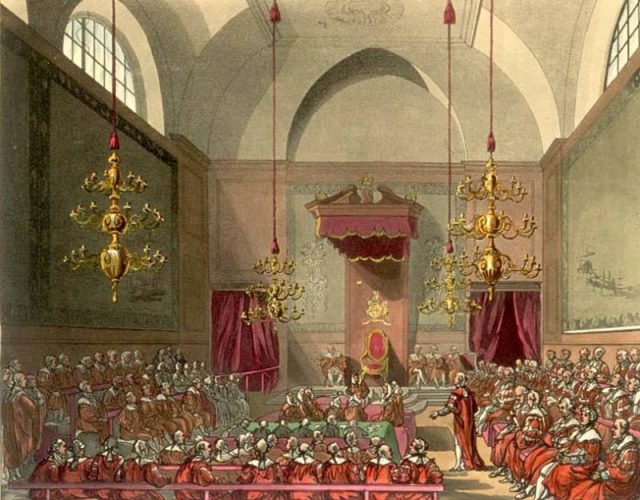
This phrase has its origins in the racism of medieval Spain. After centuries of Moorish rule over the country, many families had intermarried with the darker skinned Muslims, as well as the Jews. However, those staunchly Christian Castilian families that had kept their blood “pure” saw themselves as superior, and the phrase was coined to refer to the fact that their veins could easily be seen through their skin.
Eventually, the phrase moved on to describe old aristocratic families in 19th century Victorian England, but by this time, as Five Quarts: A Personal and Natural History of Blood by Bill B. Hayes mentions, the racist implications were gone, but the notion of superiority persisted.
As Pleased as Punch
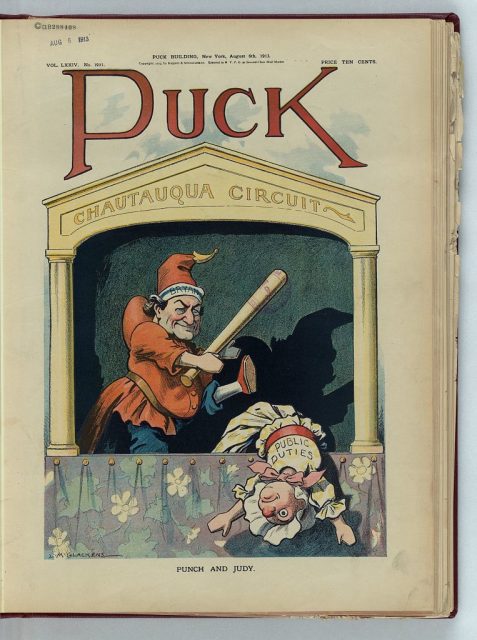
This phrase refers to the English puppet show called Punch and Judy that dates from the 17th century.
Although more storylines have been created, in the original show, Punch, who is quite hideous, beats everyone else in the puppet show to death including his wife, his infant son, and a policeman.

Throughout the carnage, he would laugh and say, “That’s the way to do it!” This gruesome plot led to the phrase being coined in the early 19th century.
The basic plot, although slightly less dark, and the catchphrase persisted in English seaside Punch and Judy booths throughout the 20th and into the 21st century.
Meeting a Deadline

A deadline originally referred to a line or fence situated inside the perimeter of a Civil War prison fence that marked the point at which, if a prisoner crossed or even touched, they would be shot dead, no questions asked.
The deadline was used in many prisons during the Civil War but came to represent the mistreatment of Union soldiers during the trial of Henry Wirz, the prison keeper at the infamous Andersonville prison. Conditions at Andersonville were atrocious, and his publicized trial, which led to his eventual hanging, brought the public’s attention to the phrase.
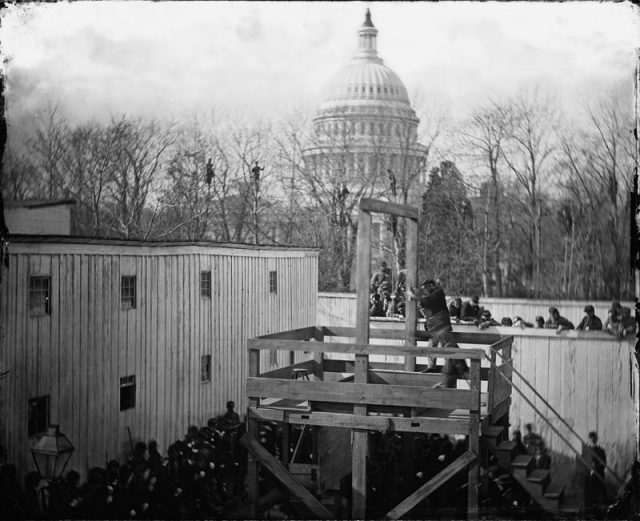
By the 19th century, deadline was used in a printing context, denoting the part of a page near the edge where text would no longer print properly. In the early 20th century, it began to be used in any context where there was a strict line that could not be crossed. Eventually, through journalism, it came to be known in the context that we know it today as a time limit.
Treadmill
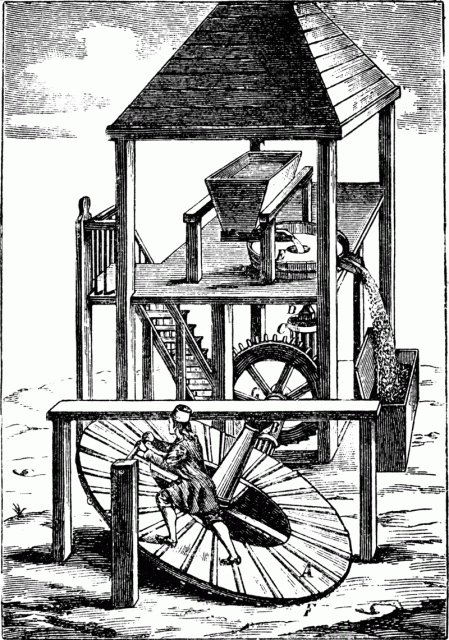
Another term with prison connotations, a treadmill was originally used as a form of punishment in prisons during the Victorian era.
In the 1800s, English civil engineer Sir William Cubitt invented a clever device for harnessing a readily available source of power: convicts.
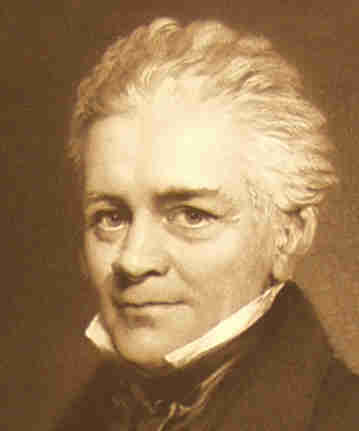
There were two variations — the treadwheel worked just like a giant hamster wheel, but turned by human labor. The treadmill had convicts treading paddles fixed on the outside of a large cylinder, so much like a modern stair climber machine but with no emergency stop button.
Attached to a millstone, the treadmill was a way for prisoners to be employed in 8-hour shifts, and Oscar Wilde was even made to work at one when he was in prison in 1895.
Eventually, prison reform banned treadmills, but in the 1950s the term made a comeback during a fitness craze and was given to the machine with a belt on a constant loop we know today.
Blockbuster
During World War II, entire city blocks could be completely destroyed by a single bomb. These bombs, called cookies, weighed 4,000 pounds or more and measured 6 feet in length. Due to their destructive power, they also became known as blockbusters.
Read another story from us: Why an American City is Named for Marie Antoinette
The phrase blockbuster was expanded to include contexts not related to actual bombs as early as a year after the war, and swiftly evolved to mean something big and exciting. By the mid-1950s the term was being used for movies that grossed over $2 million at the box office.
